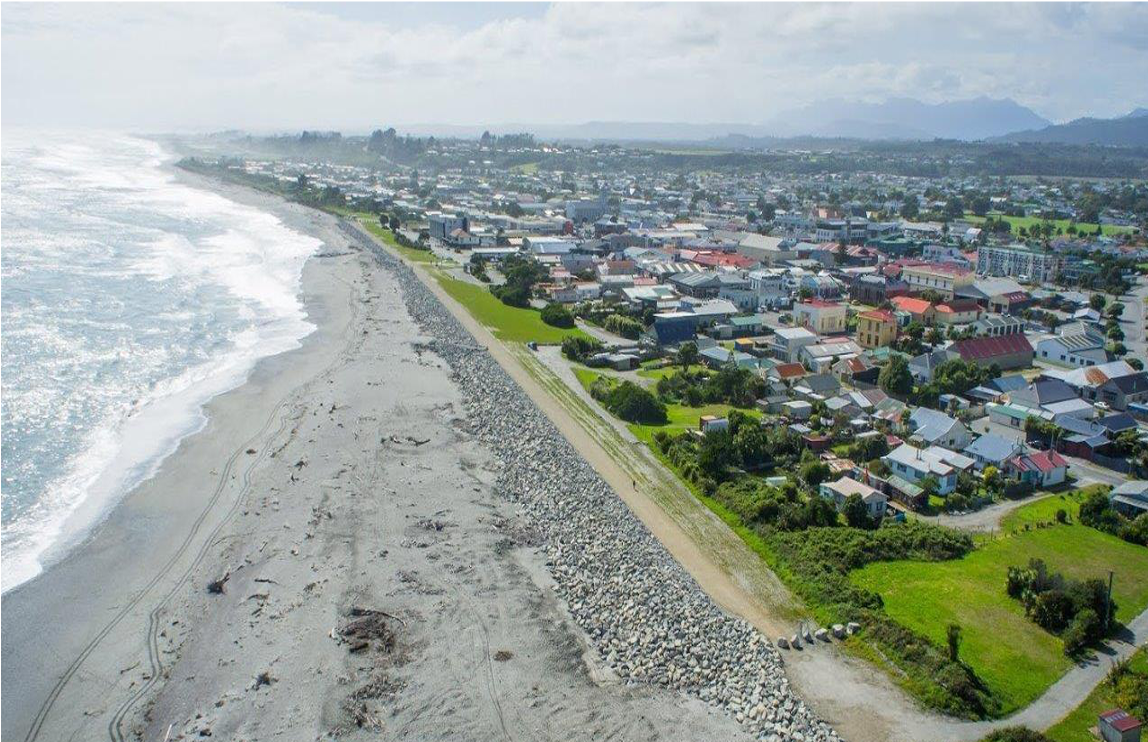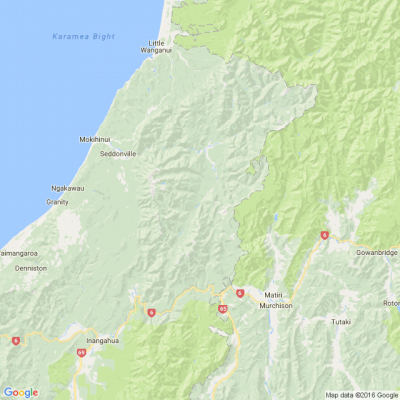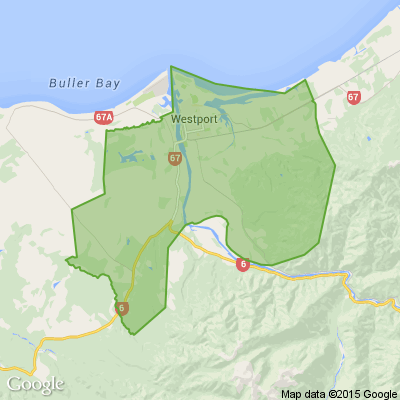Hearing for Hokitika seawall extension pending
Further work on a project to extend the Hokitika Seawall is currently "on hold" pending further consultation.
However, a broad range of resilience work for Hokitika was canvassed during the 2024 annual meeting of the Hokitika Rating District Joint Committee this week.
Just one member of the public attended the midday meeting in the Westland District Council chambers on Monday.
However, the committee was warned the next step to progress the Hokitika Seawall extension would be "contentious" with high public interest.
West Coast Regional Council chief executive Darry Lew said they were now awaiting a hearing date to further that process.
It would include retrospective consent for the emergency works on the rock buffer north of Beach Street, following the storm in April.
Lew said a 50/50 split in submissions either for or against the proposed seawall extension showed strong feeling either way.
"This consent process will be contentious."
But at this stage he had put the consent process "on hold to consider other matters".
This was partly to allow the new group manager responsible for the project's oversight to get up to speed.
That manager would start in about a fortnight but the process now needed careful consideration or even a pre-hearing process to "perhaps settle matters" before a formal hearing, Lew said.
Mayor Helen Lash said a local residents group formed to advocate against needed to be approached "with a very open mind".
"They have done their homework," she said.
Lew agreed.
However, at this stage the only people across the engineering details was council's own consultant on the matter, he said.
"Nobody has talked to the community about this (yet). I'm confident that my new group manager will do a good job on this," Lew said.
The joint meeting agreed to a total special rates strike of $101,562 in 2024-25.
Sluggish progress on the next, Gibson Quay, stage of the Hokitika River flood resilience work - due to KiwiRail requests, and the next phase for new CBD protection from the sea inundation risk up from the Hokitika River were also aired.
Council staff defended their approach to emergency work following the April storm impacting near Beach St.
Council engineer Jordon Mandry said they had contacted joint committee members about the need to immediately deal with the rockfall risk to beach users.
The risk "was quite significant" and it was undertaken under emergency work provisions allowed under the Resource Management Act.
At the same time restoring the rockwork exactly was conservative given the pending seawall extension proposal.
Mandry said they recommended continuing the permanent seawall consent process at which point the rockwork could be built to the appropriate design standard.
Lash asked what the risk in April had been perceived to be.
Acting catchments group manager Shanti Morgan said their thinking "evolved".
"The risk to beachgoers was the main one. We were dealing with King tides."
At the same time communication over it "could have been better" and the risk to land still remained.
Lash said her big concern was the alignment of the emergency work with the future potential project.
Mandry said the April repair work "was a temporary solution".
"There's no point in doing something unless you go down the track with permanent rock wall building."
Lew said the risk to children was very real given the big seas in April had undermined some of the rockwork.
"With very little pressure, some of that big rock would have turned on a small child - inevitably people do move across to play on rock."

Poll: Should the government levy industries that contribute to financial hardship?
As reported in the Post, there’s a $30 million funding gap in financial mentoring. This has led to services closing and mentors stepping in unpaid just to keep helping people in need 🪙💰🪙
One proposed solution? Small levies on industries that profit from financial hardship — like banks, casinos, and similar companies.
So we want to hear what you think:
Should the government ask these industries to contribute?

-
60% Yes, supporting people is important!
-
25.7% No, individuals should take responsibility
-
14.3% ... It is complicated
A Neighbourly Riddle! Don’t Overthink It… Or Do?😜
Do you think you know the answer? Simply 'Like' this post if you know the answer and the big reveal will be posted in the comments at 2pm on the day!
If you multiply this number by any other number, the answer will always be the same. What number is this?

Have you got New Zealand's best shed? Show us and win!
Once again, Resene and NZ Gardener are on the hunt for New Zealand’s best shed! Send in the photos and the stories behind your man caves, she sheds, clever upcycled spaces, potty potting sheds and colourful chicken coops. The Resene Shed of the Year 2026 winner receives $1000 Resene ColorShop voucher, a $908 large Vegepod Starter Pack and a one-year subscription to NZ Gardener. To enter, tell us in writing (no more than 500 words) why your garden shed is New Zealand’s best, and send up to five high-quality photos by email to mailbox@nzgardener.co.nz. Entries close February 23, 2026.







 Loading…
Loading…





